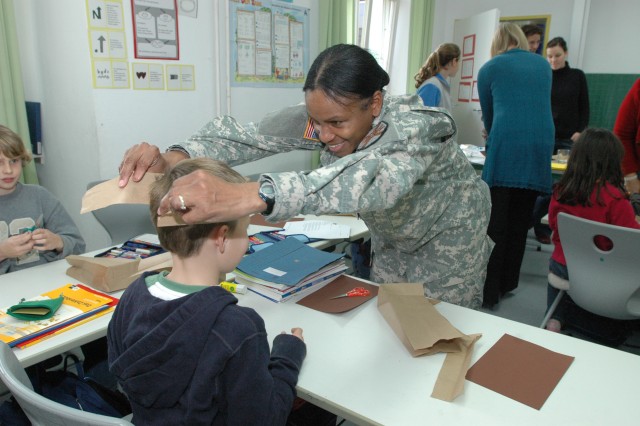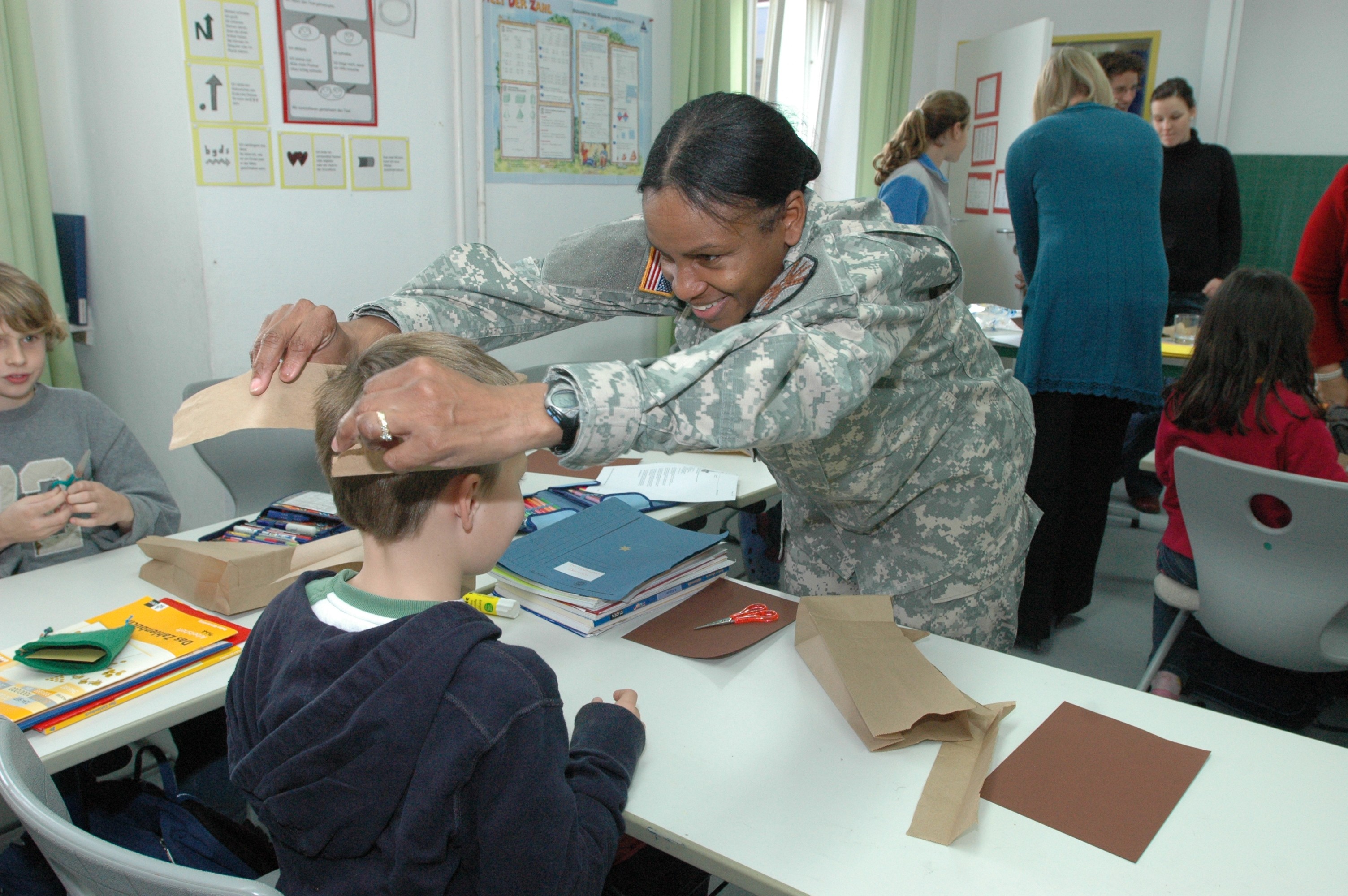HEIDELBERG, Germany -- Coming from a rural area with "no stop lights in the whole county," Command Sgt. Maj. Annette Weber has risen through the ranks and now serves as a sort of "mayor" for the Heidelberg military community.
She originally planned to join the Army through the buddy program with a friend from high school, but when that friend changed her mind, Weber decided to go ahead with it anyway.
That was in 1982, in Havelock, N.C. Now, she's been on the job as the U.S. Army Garrison Heidelberg command sergeant major since August and says it is an enjoyable job.
"It's basically like being a mayor, where you kind of run your own city," she said. "So I'm that individual who advises the commander on running our small town."
So far, just like many Soldiers, Weber has served in posts all over the world, beginning in Korea and traversing such places as Hawaii, Texas and South Carolina, before coming to her current job here. She met her husband, Sgt. Maj. Brad Weber, on a tour in Korea.
"My favorite part of my job here is the smile on the customer's face when we've been successful," she said. "Taking care of families, Soldiers and civilians, and just making Heidelberg the best community I think that we have in the Army."
With February being African-American/Black History Month, Weber said she looks up to many of the African-American military leaders who have come before her. Those leaders include William H. Carney, the first black recipient of the Medal of Honor, Benjamin O. Davis, who became the first African-American general in the Air Force, and Edward Crook, a 1960 Olympic gold medalist in boxing.
Being a role model is something Weber says comes with the territory of the career she has chosen.
"Any (noncommissioned officer) or any leader in the Army, regardless of whether you want to be a role model or not, you are definitely put in a position where you are a role model," she said. "We definitely have to lead by example in everything that we do or say."
Weber said the Army is a very diverse place, and it's good to understand diversity.
"Although the Army is very diverse, depending on where you grew up, you may not know the diversity that exists in our nation," she said. "So I think it's always important, not just for our Soldiers, but our family members and our host nation, to see how diverse our Army is and what we do and how we do it, and to put on things to enhance our knowledge."
(Editor's note: Kristen Marquez writes for the USAG Baden-Wuerttemberg newspaper, the Herald Post.)


Social Sharing